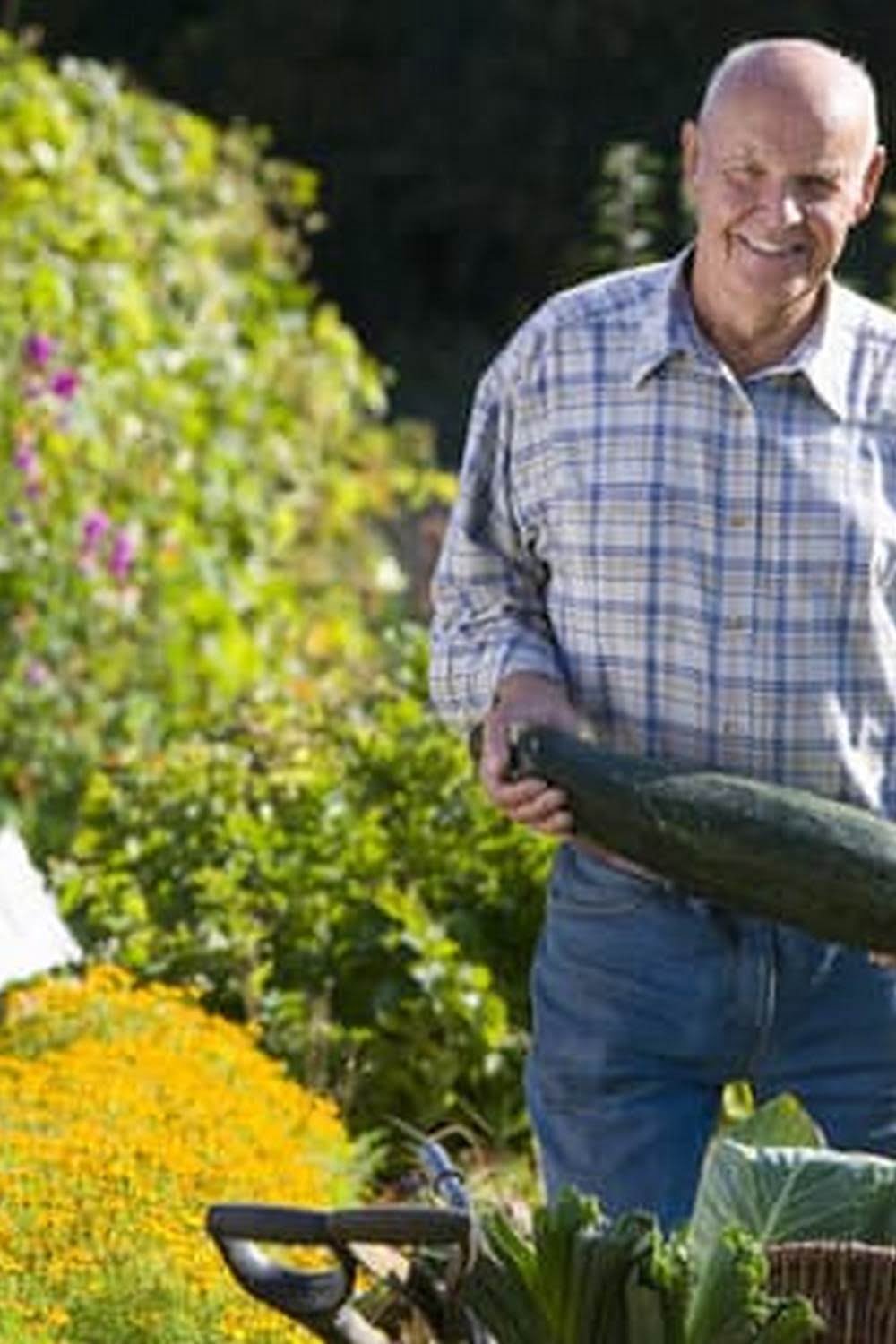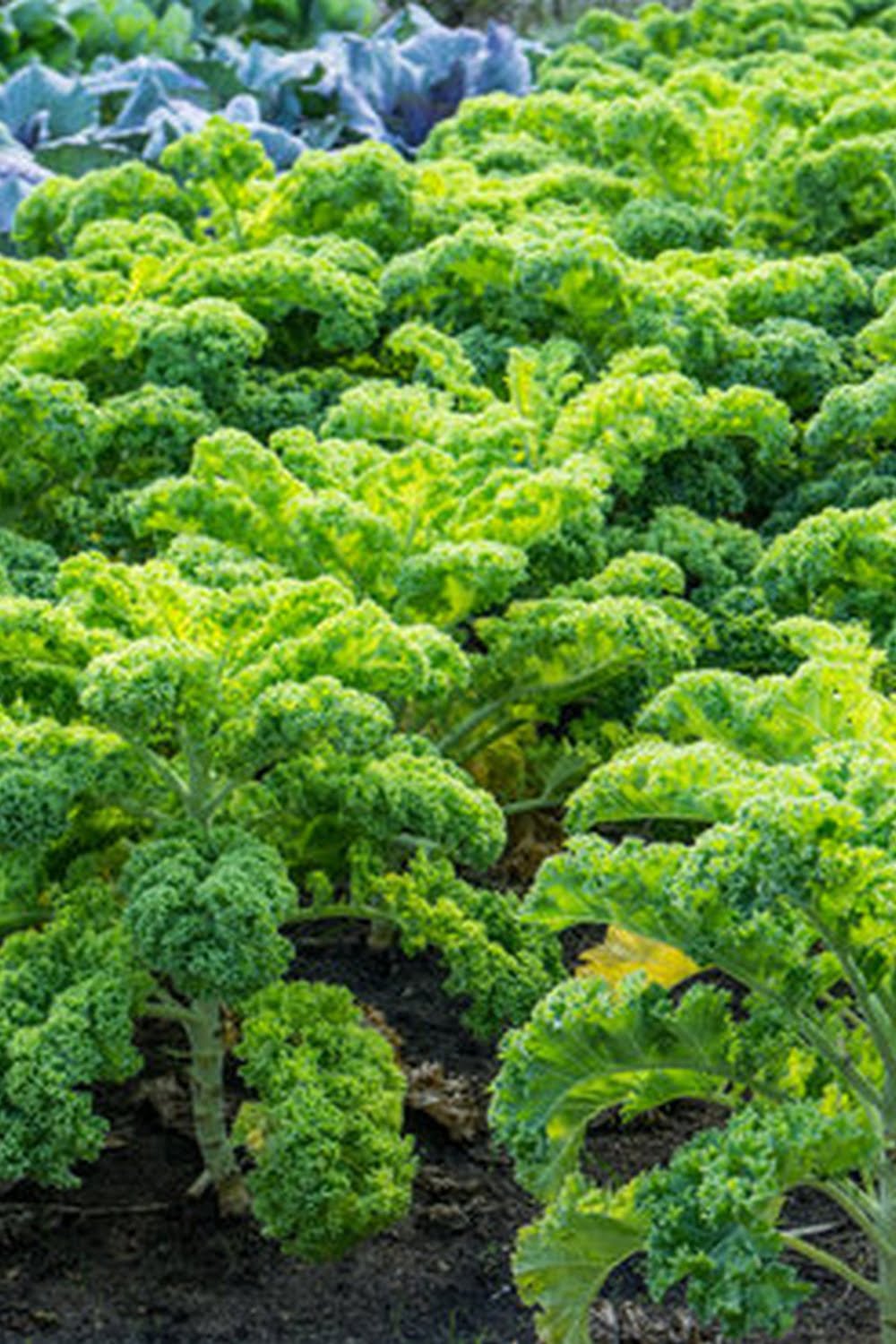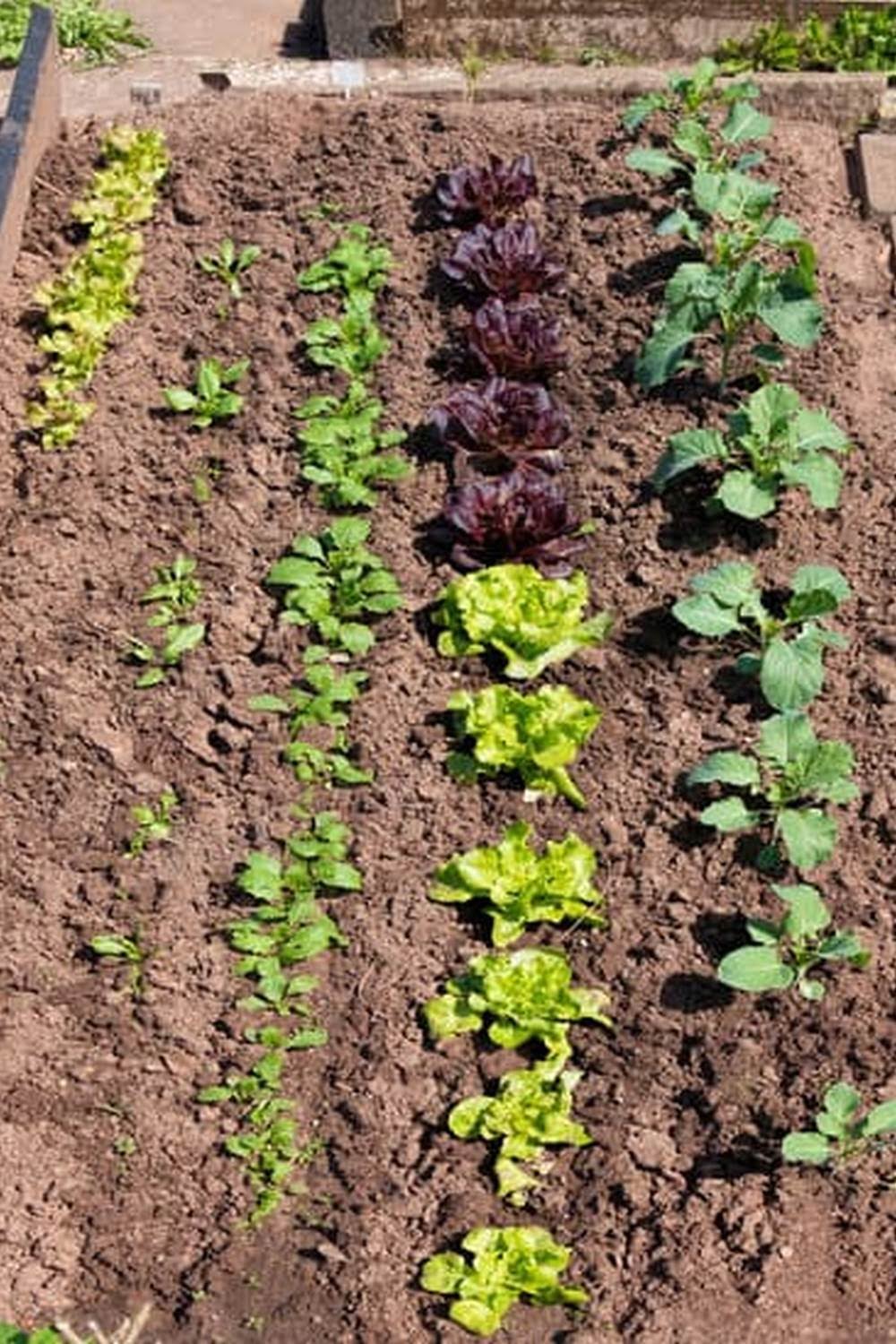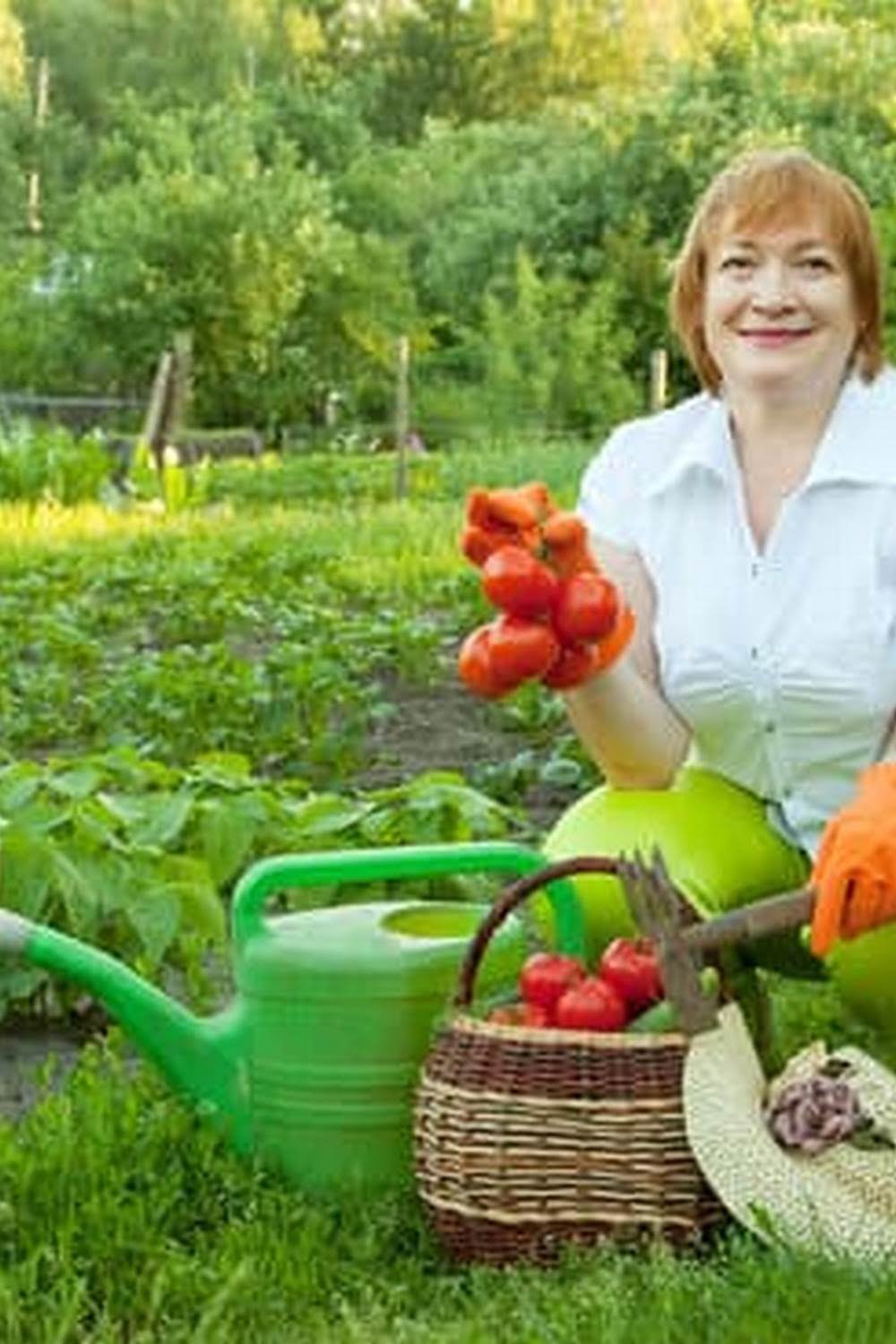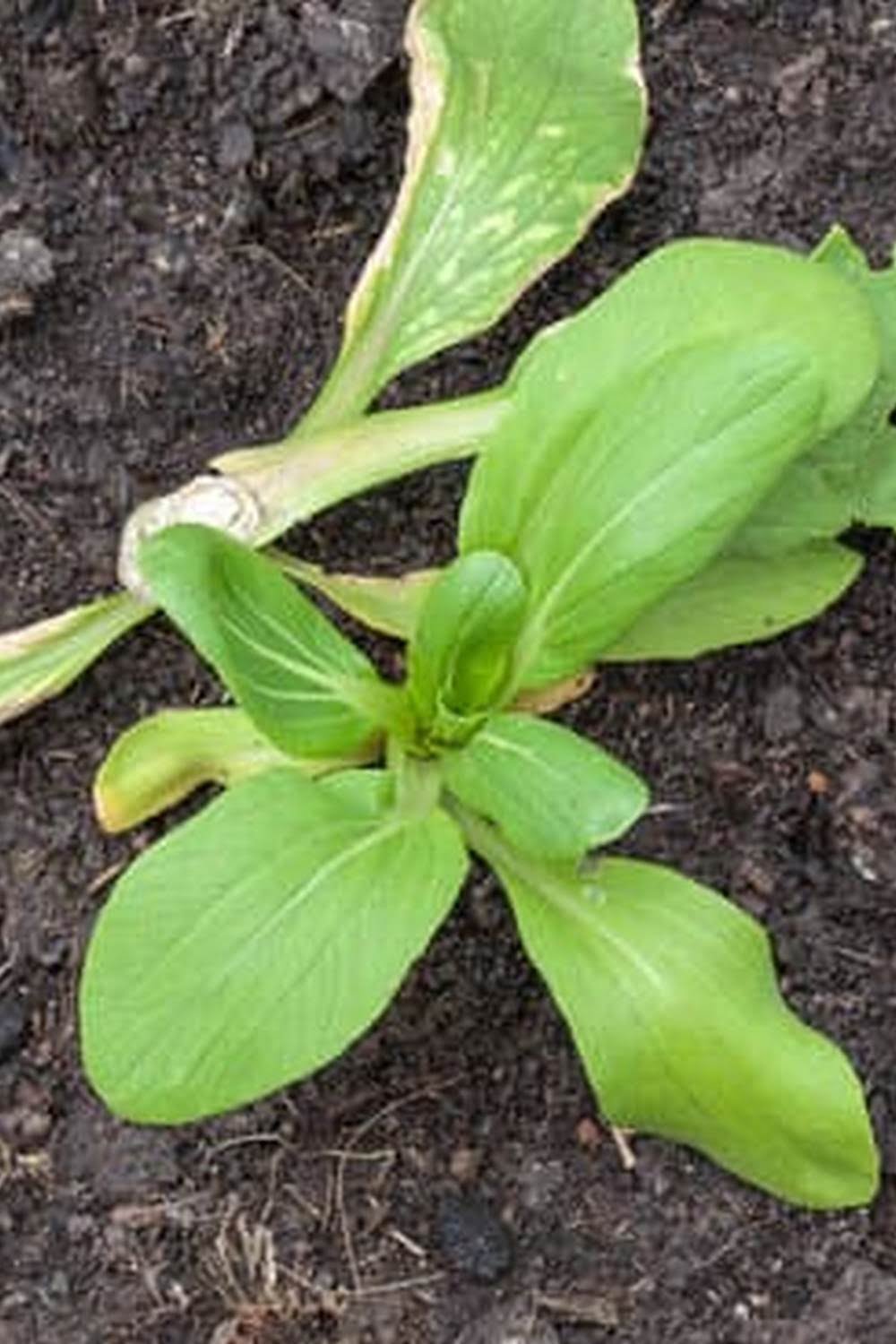Vegetable Garden Soil Test
It is important to test your soil before you start a vegetable garden. The soil test will tell you what kind of amendments your soil needs in order to be hospitable to vegetables. The test will also tell you what kind of vegetables will grow best in your soil.
To test your soil, you will need a soil test kit, which you can purchase at a garden center or online. The kit will come with a soil test bag and instructions.
To take the soil test, you will need to dig a hole in your garden and extract a soil sample. The hole should be about 6 inches deep and 12 inches wide. You will need to take a soil sample from several different places in the hole.
Once you have your soil sample, you will need to follow the instructions that come with the soil test kit to test the pH, nitrogen, phosphorus, and potassium levels of your soil.
If your soil is not hospitable to vegetables, you will need to add amendments to make it more fertile. The type of amendment you will need to add will depend on the results of your soil test. For example, if your soil is low in nitrogen, you will need to add nitrogen-rich amendments, such as manure or compost.
If you are not sure what amendments to add, you can ask a garden center employee or consult a gardening book.
Once you have added the amendments, you will need to wait a few weeks or months before you test your soil again. This will give the amendments time to work their magic.
If you follow these steps, you will be on your way to a bountiful vegetable garden!
Fall Preparing Of Garden Soil For Planting Vegetables
The autumn season is the perfect time to prepare your garden soil for planting vegetables in the spring. By following a few simple steps, you can ensure that your soil is in the best condition possible for growing healthy vegetables.
The first step is to test your soil’s pH level. The ideal pH level for growing vegetables is 6.5, but most soils fall within a range of 6.0 to 7.5. If your soil’s pH level is outside of this range, you can adjust it by adding lime or sulfur to the soil.
The next step is to add organic matter to your soil. Organic matter helps to improve the soil’s structure, drainage, and nutrient availability. You can add organic matter to your soil by composting leaves, grass clippings, and other organic materials.
The final step is to add fertilizer to your soil. A balanced fertilizer such as 10-10-10 can help to improve the soil’s fertility and help your vegetables to grow healthy and strong.
By following these simple steps, you can ensure that your garden soil is in the best condition possible for growing delicious vegetables.
Where To Buy Soil For Vegetable Garden Near Me
When it comes to gardening, one of the most important decisions you’ll make is what type of soil to use. Different plants grow best in different types of soil, so it’s important to choose the right one for your garden. If you’re not sure what type of soil to get, or you’re looking for a good deal on soil, here are some tips on where to buy soil for vegetable garden near me.
One of the best places to buy soil for your garden is at a local garden center. Most garden centers carry several types of soil, so you can find one that’s perfect for your garden. They also usually have a good selection of plants, so you can get everything you need all in one place.
Another great place to buy soil is at a home improvement store. Home improvement stores usually carry a wide variety of soils, including potting soils, top soils, and compost. They also usually have a good selection of plants, as well as tools and materials for gardening.
If you’re looking for a good deal on soil, you can also try buying it online. There are several websites that sell soil, and most of them offer free shipping on orders over a certain amount. Just be sure to read the reviews before you buy, so you know what you’re getting.
No matter where you buy your soil, be sure to read the label to make sure it’s the right type of soil for your garden. Different plants grow best in different types of soil, so it’s important to choose the right one for your garden. If you’re not sure what type of soil to get, or you’re looking for a good deal on soil, here are some tips on where to buy soil for vegetable garden near me.
Vegetable Garden Soil
First and foremost, soil is the anchor of a successful vegetable garden. Good soil will provide the necessary nutrients to your plants and help to retain moisture. The type of soil you have in your garden will determine the types of vegetables you can grow.
There are many ways to improve your soil. One way is to add organic matter to your soil. This can be done by adding compost, manure, or leaf mold. Compost is made up of organic materials such as leaves, grass clippings, and food scraps. Manure is made up of animal waste. Leaf mold is made up of leaves that have been broken down by fungi.
Another way to improve your soil is to add lime or sulfur. Lime is used to raise the pH of your soil. This is important because different vegetables grow best in different pH levels. Sulfur is used to lower the pH of your soil. This is also important because different vegetables grow best in different pH levels.
You can also improve your soil by adding minerals. This can be done by adding crushed granite, oyster shells, or diatomaceous earth. Crushed granite is a great way to add potassium, magnesium, and phosphorus to your soil. Oyster shells are a great way to add calcium to your soil. Diatomaceous earth is a great way to add nitrogen to your soil.
No matter what you do to improve your soil, it is important to test your soil before you plant your vegetables. This way you will know what type of soil you have and you can adjust your fertilizing and watering accordingly.
Prepare Garden Soil For Vegetables
There are a few things to consider when preparing garden soil for vegetables. The first is to make sure the soil is fertile and has the right pH balance. The next step is to add organic matter to the soil to help improve drainage and water retention. Finally, you may need to add some fertilizer to the soil to provide the nutrients vegetables need to grow.
To make sure the soil is fertile, you can test it for nutrient levels. The pH balance is also important, as vegetables prefer a soil that is slightly acidic to neutral. You can test the pH balance of the soil with a pH meter or soil test kit.
If the soil is not fertile or has the wrong pH balance, you can add organic matter to the soil to improve it. The organic matter will help to improve drainage and water retention, and it will also provide the soil with nutrients that vegetables need to grow. You can add organic matter to the soil by composting, using organic fertilizers, or by planting green manures.
If the soil is not fertile and does not have the right pH balance, you may need to add fertilizer to the soil. Vegetables need nutrients like nitrogen, phosphorus, and potassium to grow. You can add fertilizer to the soil by using organic or synthetic fertilizers.

If you’re looking to get into vegetable gardening, or are just looking for some tips on how to make your current garden better, then you’ve come to the right place! My name is Ethel and I have been gardening for years. In this blog, I’m going to share with you some of my best tips on how to create a successful vegetable garden.

